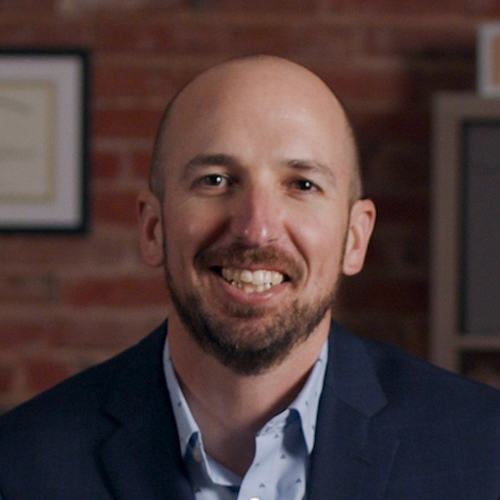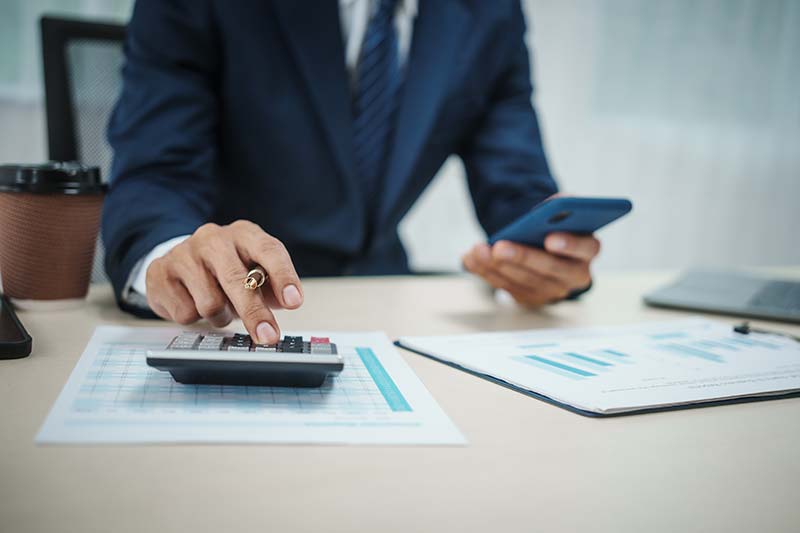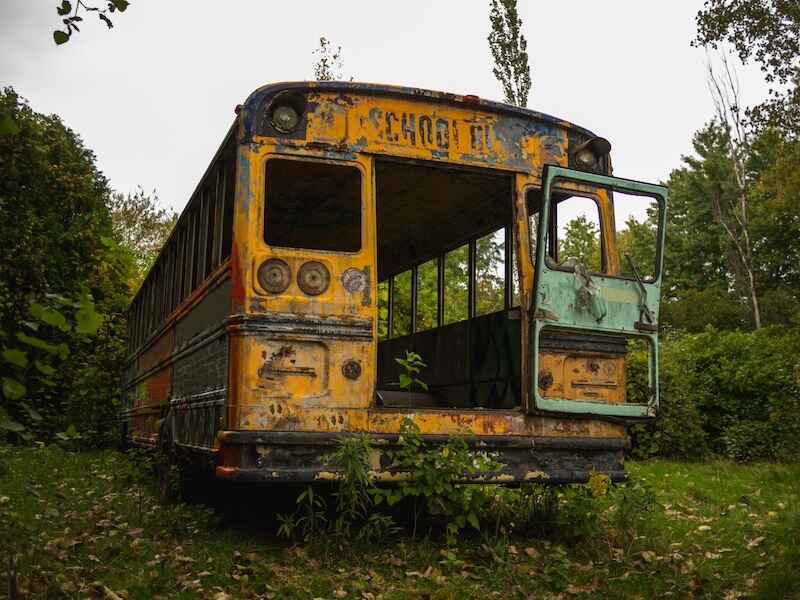The Only Difference Between Us and the Worst Market on the Planet
Andy Snyder|April 27, 2022

It was the second-hottest market on the planet last year… and now prices are plunging so quickly the exchange can’t keep up.
On Monday, Sri Lanka’s stock exchange was open for a total of 32 minutes.
The rest of the time, traders were forced to wait on the sidelines for automatic trading halts to end.
Each time trading began, prices fell so quickly that safety mechanisms triggered just minutes into the action.
Open… plunge.
Open… plunge.
In the end, the nation’s leading stock index fell 13% on the day.
Since January, Sri Lankan stocks are down 40%.
Investors are going broke.
Familiar
It makes you glad you’re not invested in the Sri Lankan market, right?
We bet no more than three of our readers have money in Sri Lanka… so why do we care?
Why are we wasting our valuable digital ink on such an idea?
Well, friend, if it weren’t for just one caveat… we’d be Sri Lanka.
It’s vital that we understand what’s happening.
Sri Lanka’s economic crisis started as a political one. In a tune that may sound familiar, the current result stems from decades of government mismanagement.
Like so many rusty, old cans, this one was kicked down a dark alley… until a garbage truck backed over it.
Sri Lanka has what we call a “twin deficit.”
It has a large budget shortfall, and it imports more than it exports – the latter is known as a “current account deficit.”
Americans should be very familiar with both ideas.
Washington spent $2.7 trillion more than it brought in last year – marking a full two decades since we had a balanced budget.
Worse yet, our current account deficit is the largest it has ever been.
The money press rarely talks about it (have you heard about it?), but the difference between what we exported and what we imported last year surged by 33.4%. We sent more than $820 billion overseas.
Sri Lanka’s numbers, of course, are much, much smaller.
Even so, sending all of its money elsewhere and not having enough in its coffers to plug the gap has caused immense problems.
Because there’s so little money left in the country, it can’t afford to pay for crucial imports… like fuel and food.
Folks in the country are going hungry, and roving blackouts have been taking the power grid down for up to 13 hours at a time.
What little money the country does have is being inflated away.
It’s the only way the government can pay its bills.
Easy Fix
There is good news, though. In relative terms, Sri Lanka’s problems are small.
Amazon could fix them with a single dividend payment.
On Saturday, for instance, a shipment of diesel (bought with a $500 million line of credit) will arrive and help power up the country once again. India, too, is willing to loan the country $1 billion for food and medicine. And China is thinking of offering up $1.5 billion.
In America’s budget, those figures would be mere rounding errors.
That’s the big difference between us and them.
We’re too big to fail.
If we go, we’ll take everybody down with us.
It means we can build up extraordinary debt. We can scoff at the notion of reining in our imports. We can ban the textbooks that tell us what we’re doing will lead (and always has led) to big trouble.
But for how long?
We, too, have surging inflation. We, too, have energy issues… food issues… and a democracy that’s weaker than ever.
Right now, our economic enemies are letting us get away with it all. They have to. If we fall, they fall.
Just look at the hypocrisy in Europe’s dependence on Russian energy. The continent’s addiction to foreign energy is paying for Russia’s war… but for decades, Europe’s politicians have taken a not-in-my-backyard approach to energy production.
Russia is taking advantage of it.
How long can America get away with a much worse addiction?
Perhaps the better question is, when will our enemies be able to stand on their own?
That’s turning out to be the question of our lifetimes.
When it’s answered, Sri Lanka won’t look so bad.
Note: Our government could take drastic steps to prevent disaster. That means you need to start preparing today. Right now. Every minute you wait could cost you big money and personal freedom. Follow the three steps I outline right here to protect yourself.

Andy Snyder
Andy Snyder is an American author, investor and serial entrepreneur. He cut his teeth at an esteemed financial firm with nearly $100 billion in assets under management. Andy and his ideas have been featured on Fox News, on countless radio stations, and in numerous print and online outlets. He’s been a keynote speaker and panelist at events all over the world, from four-star ballrooms to Capitol hearing rooms.



